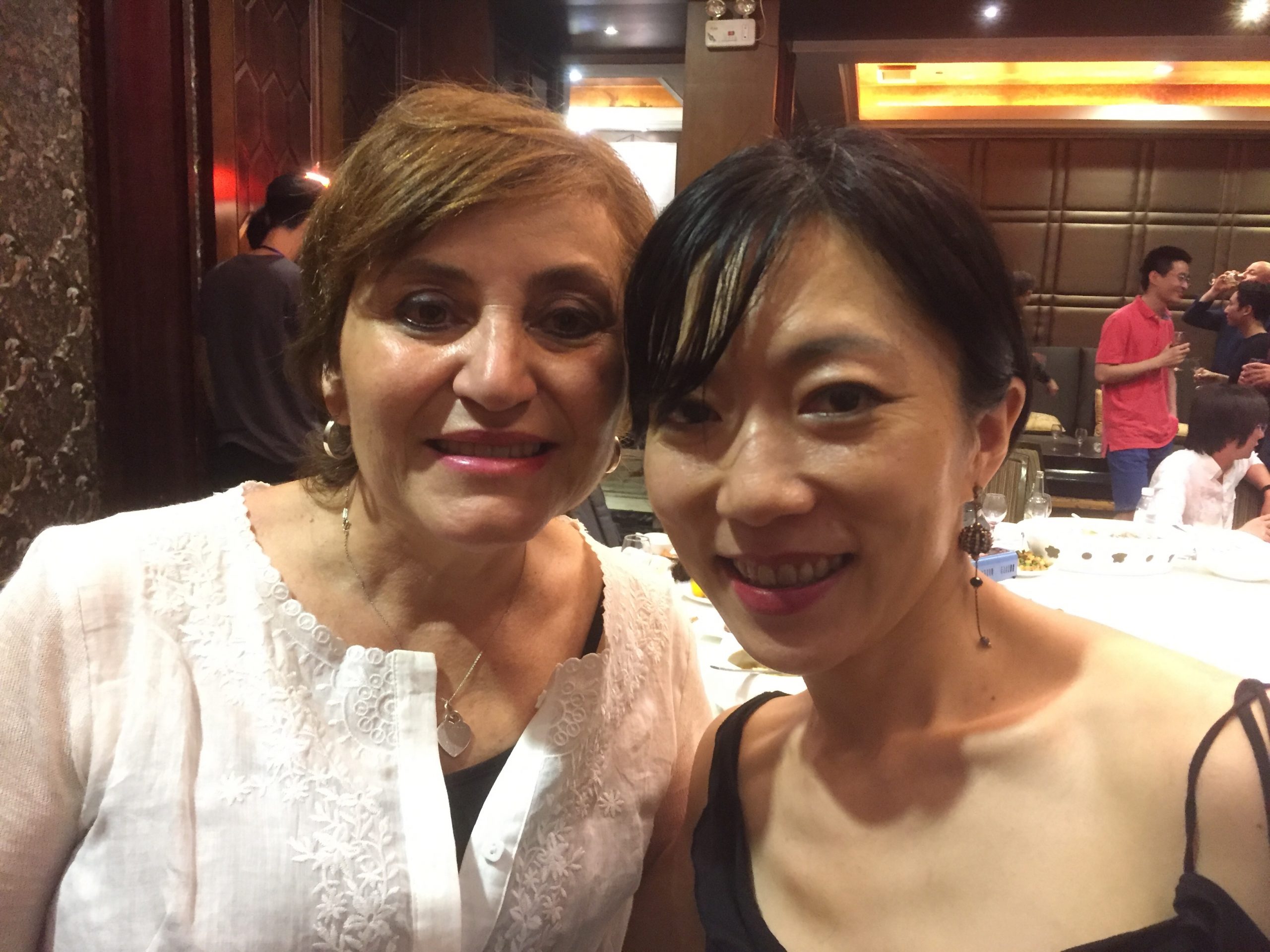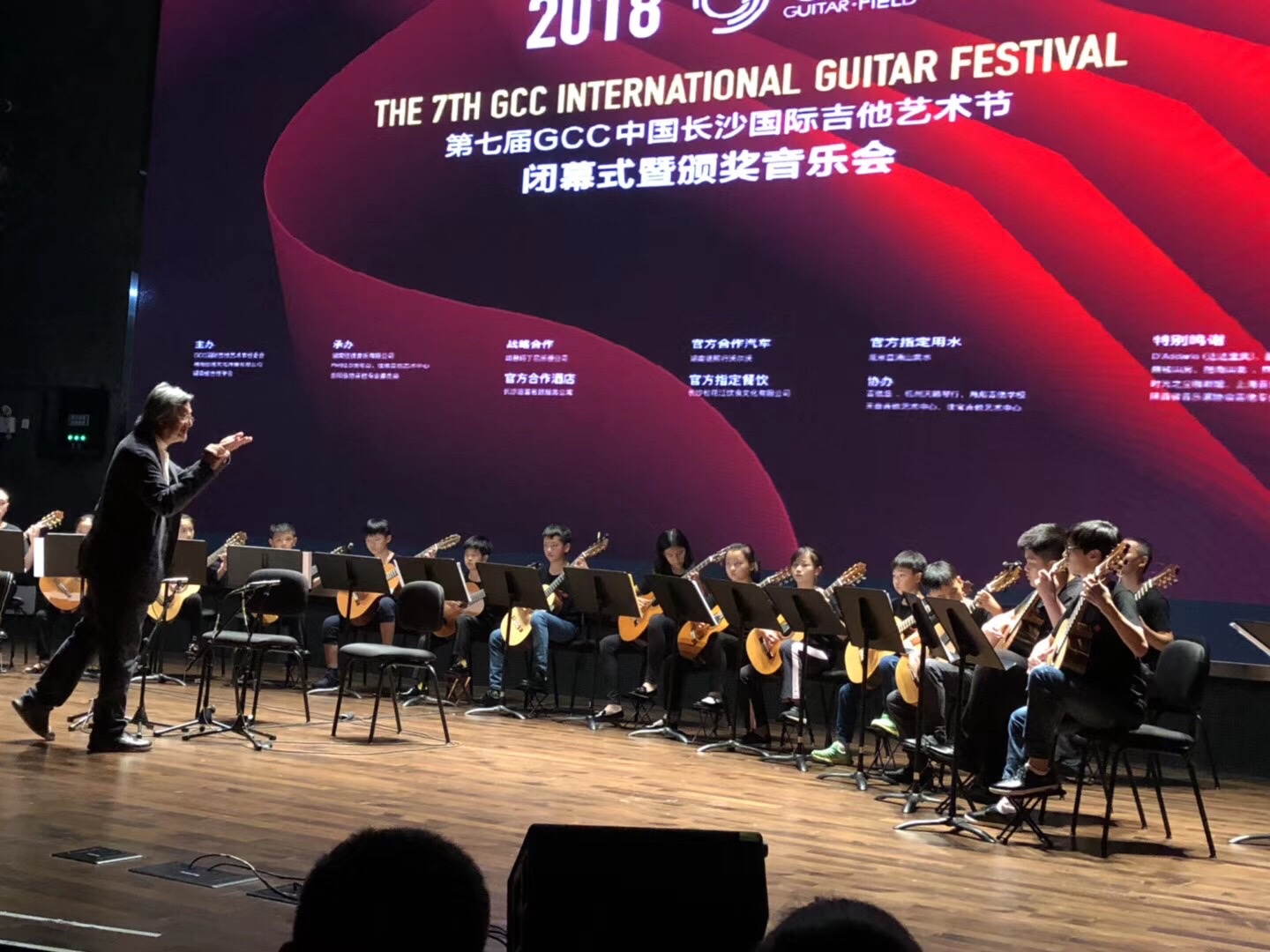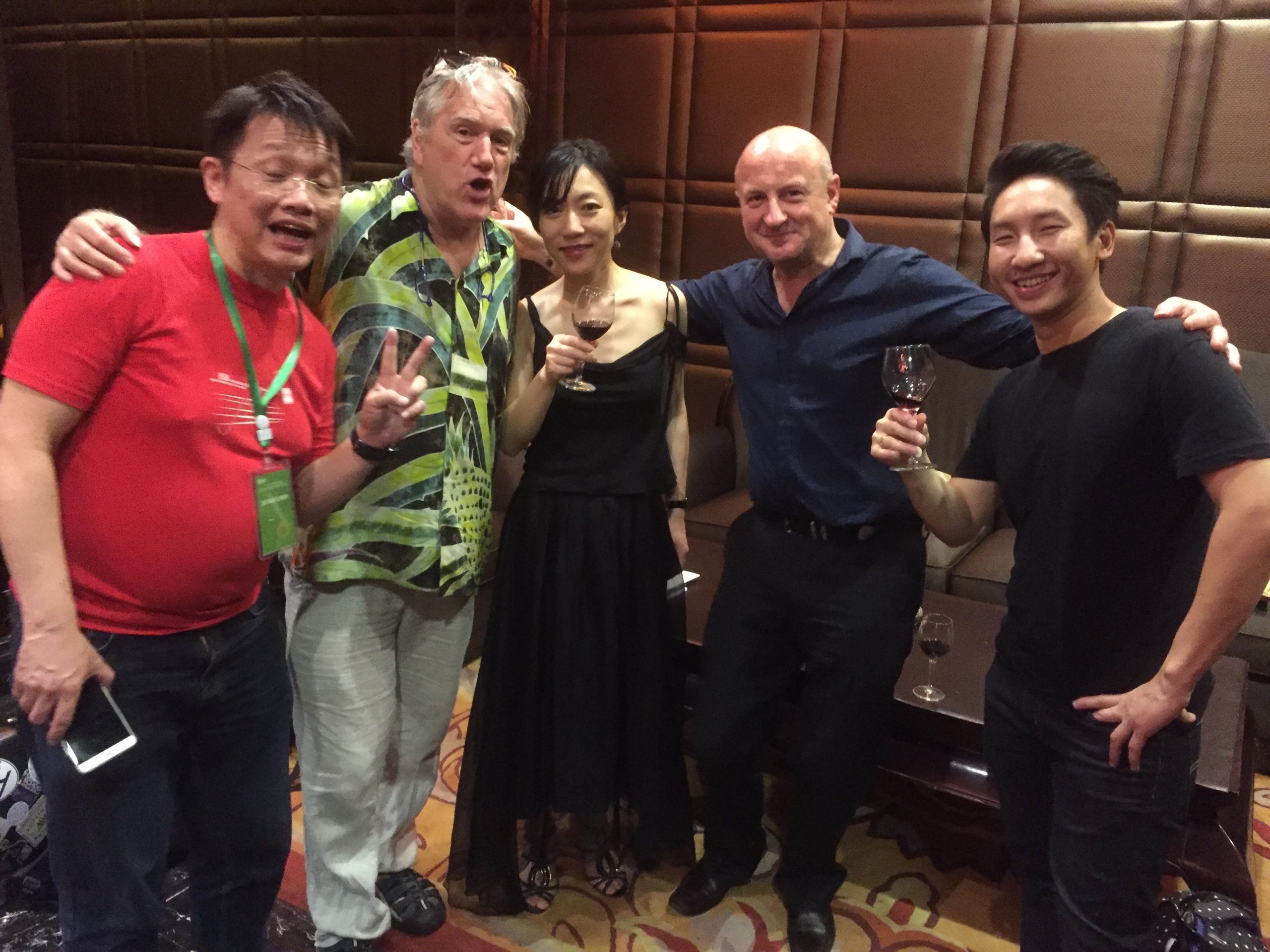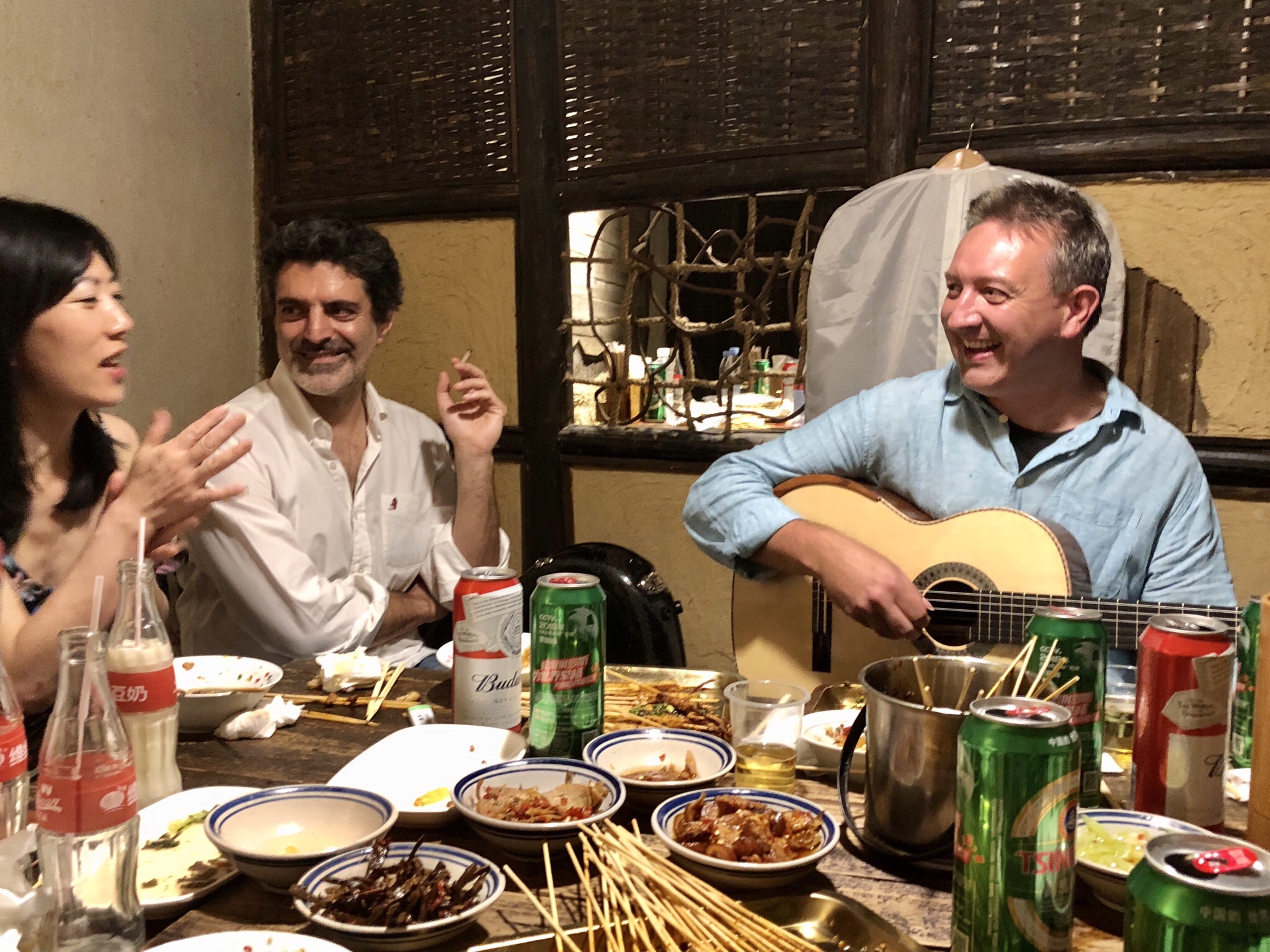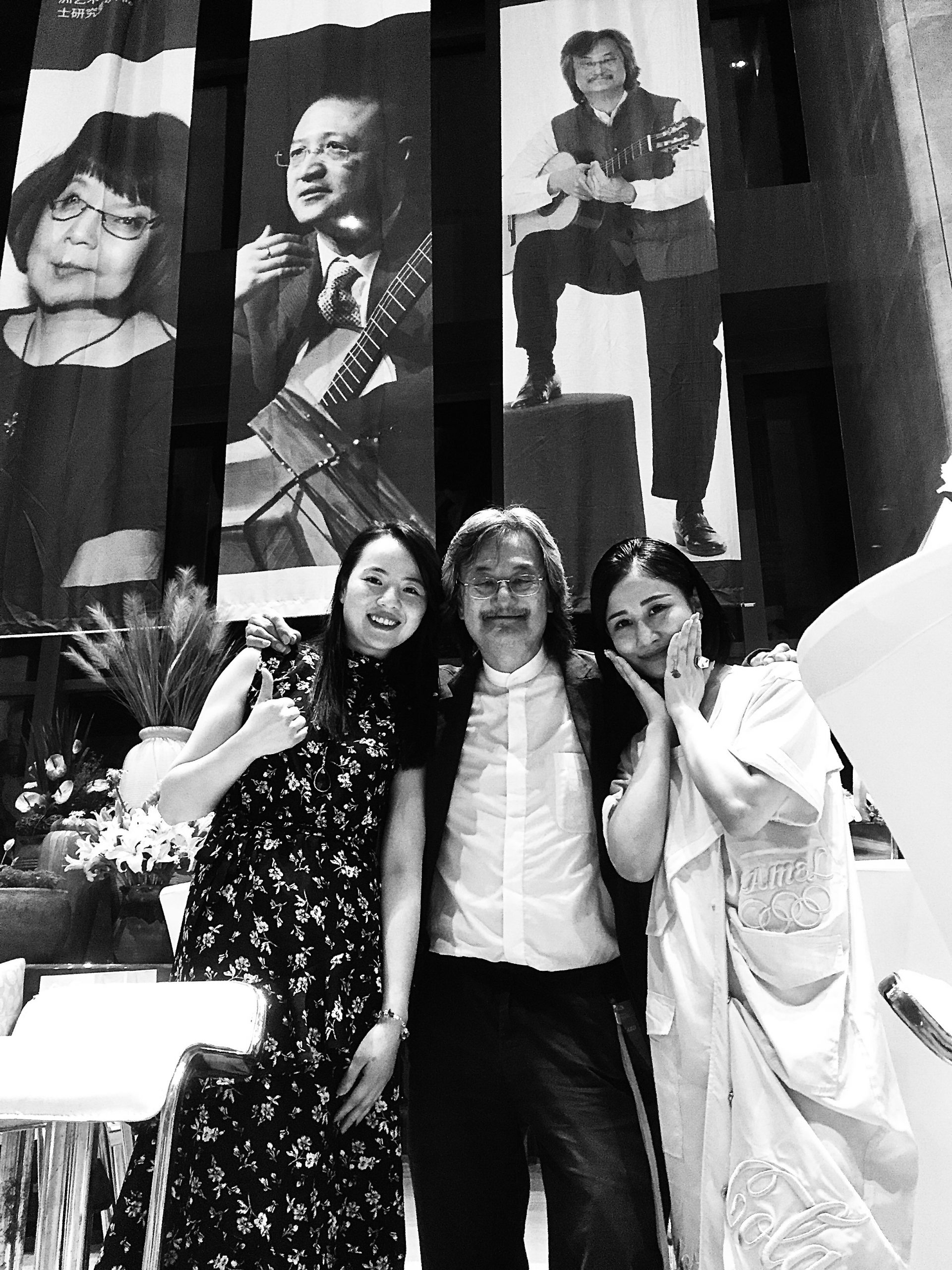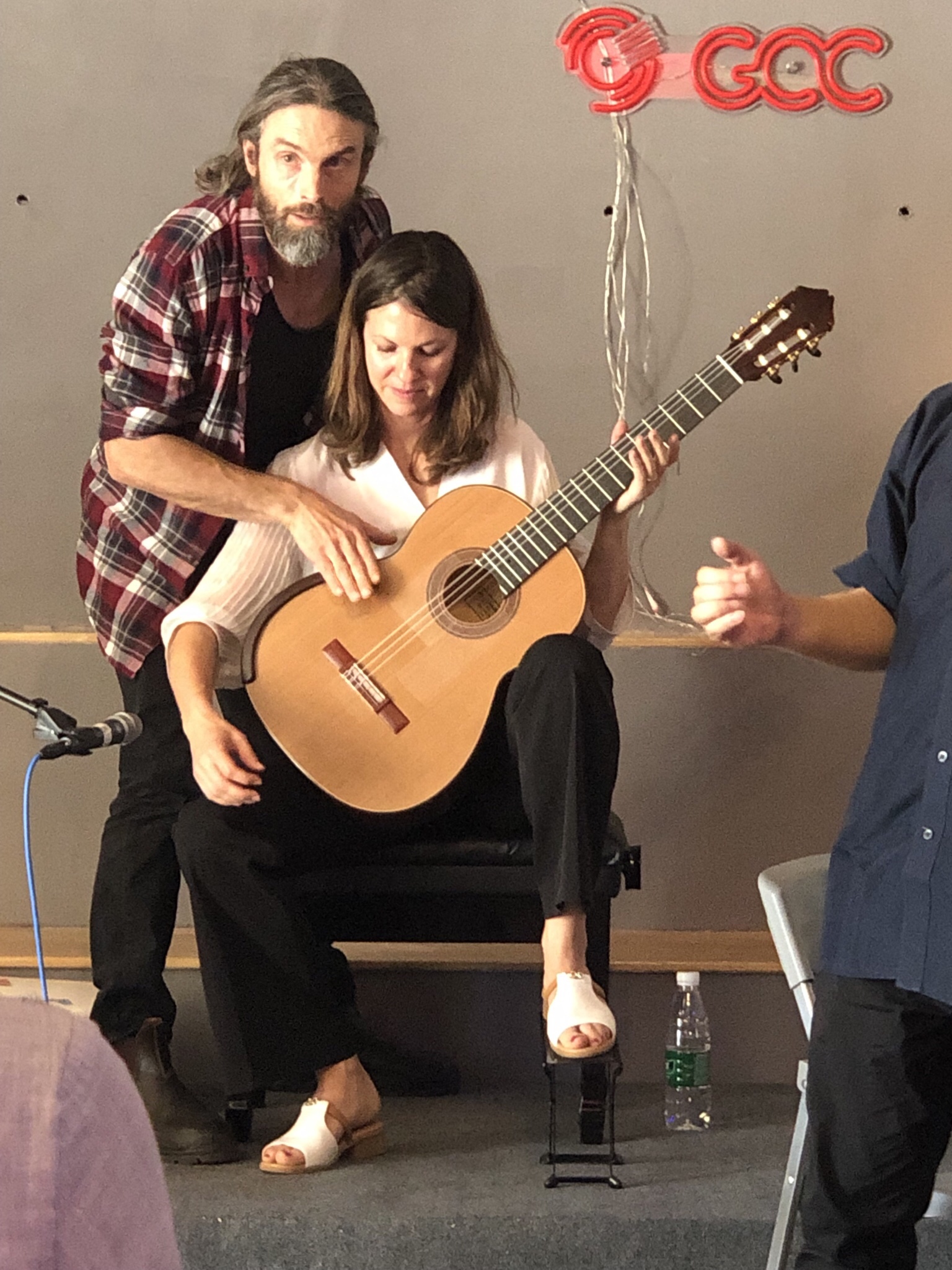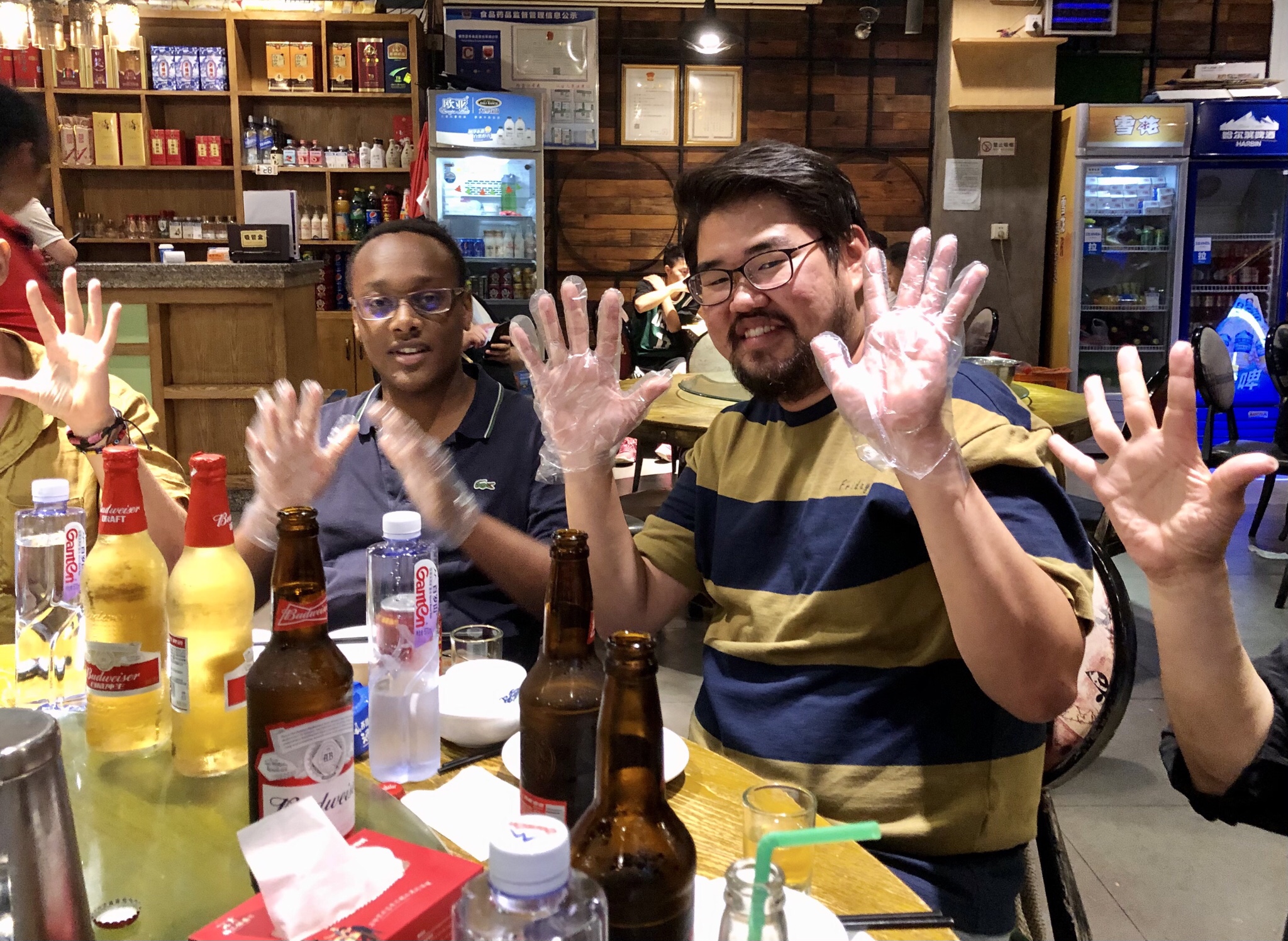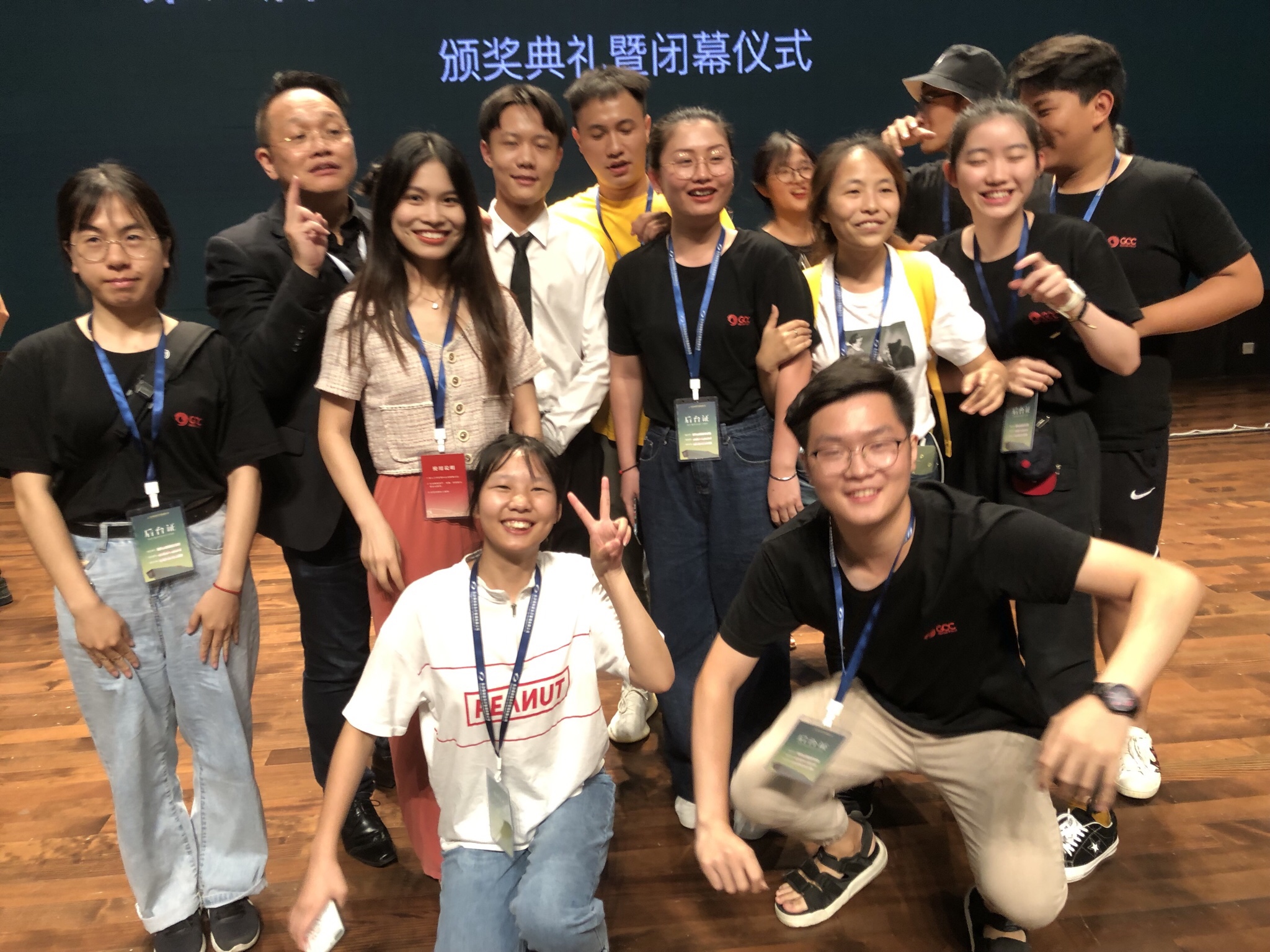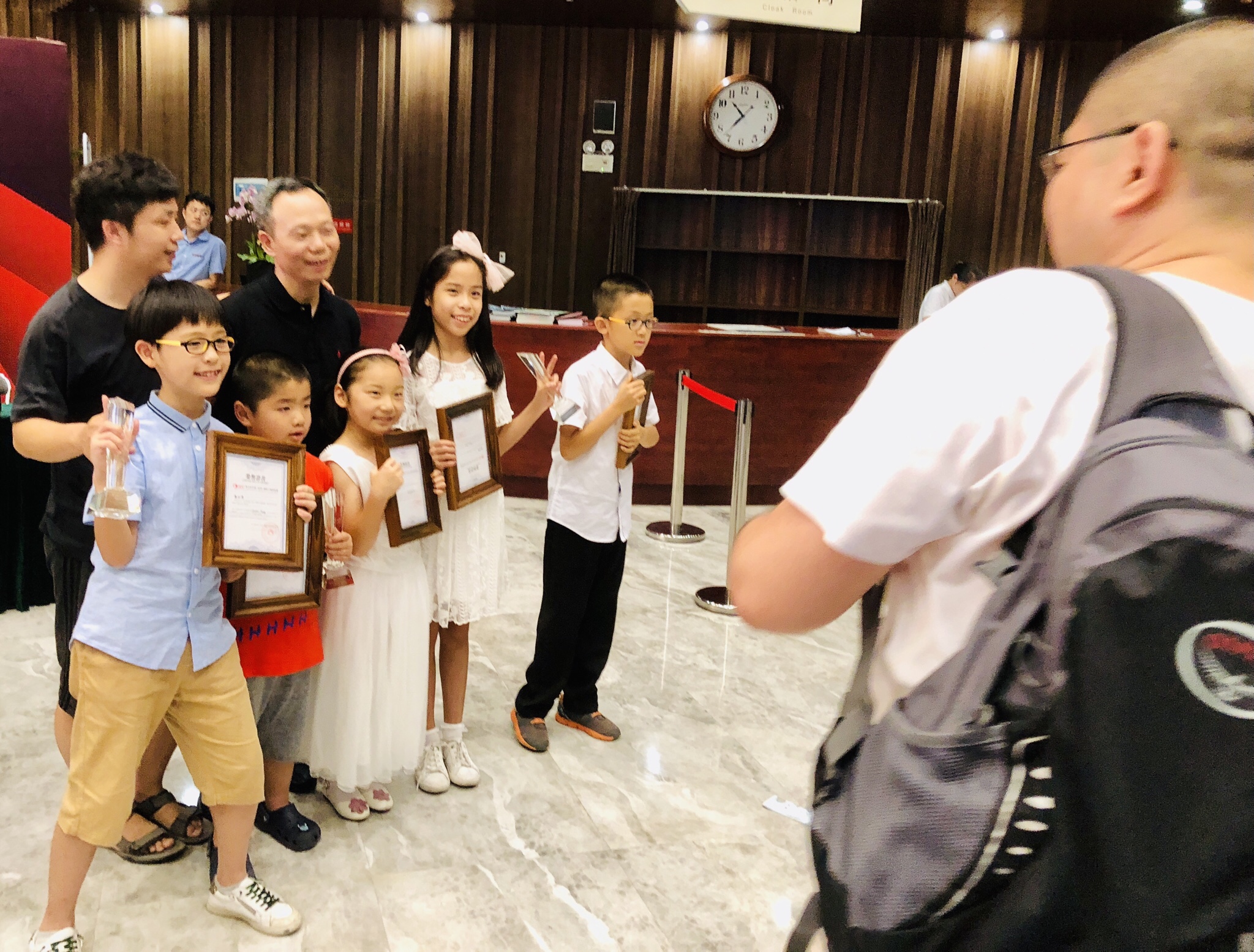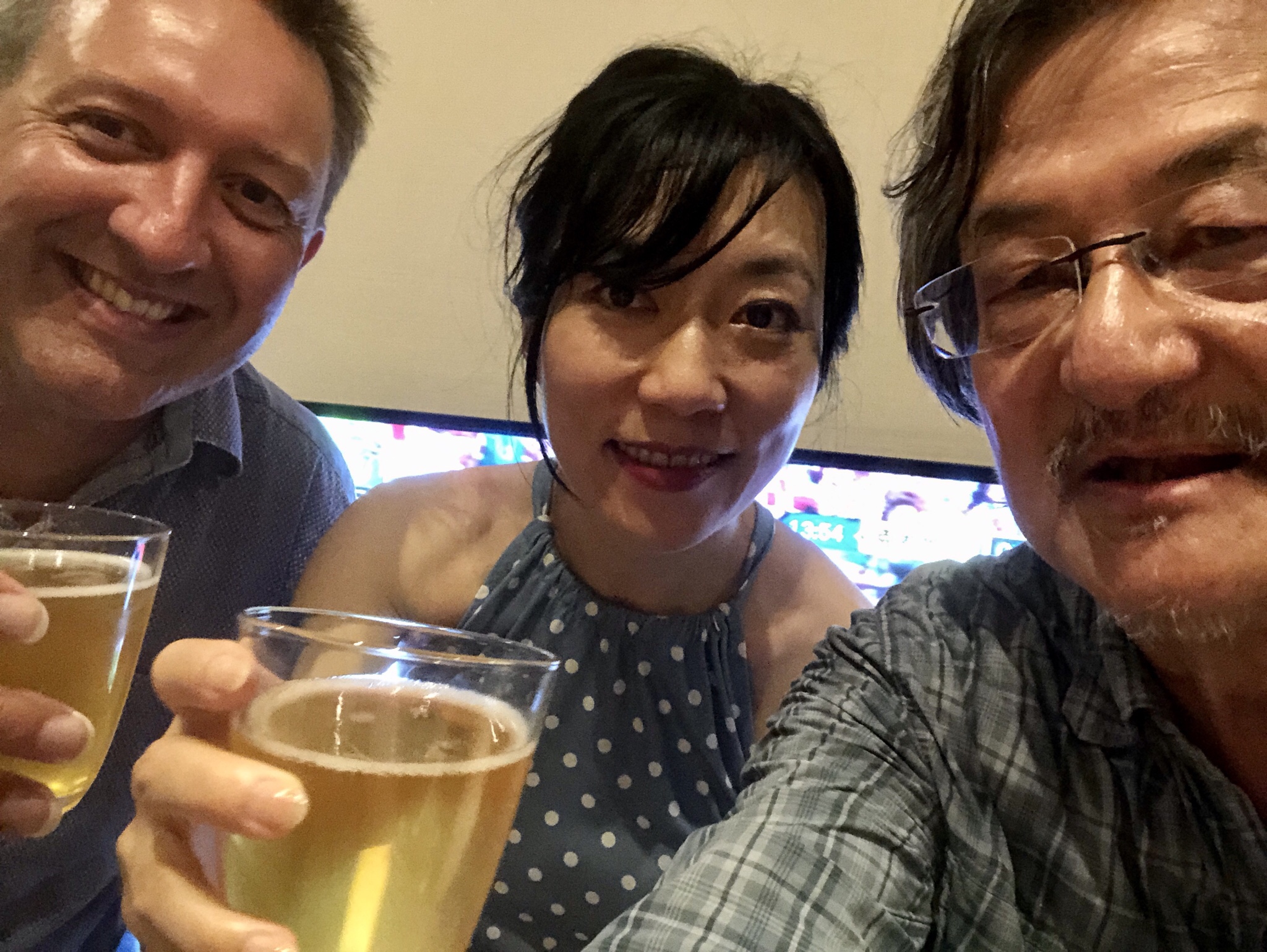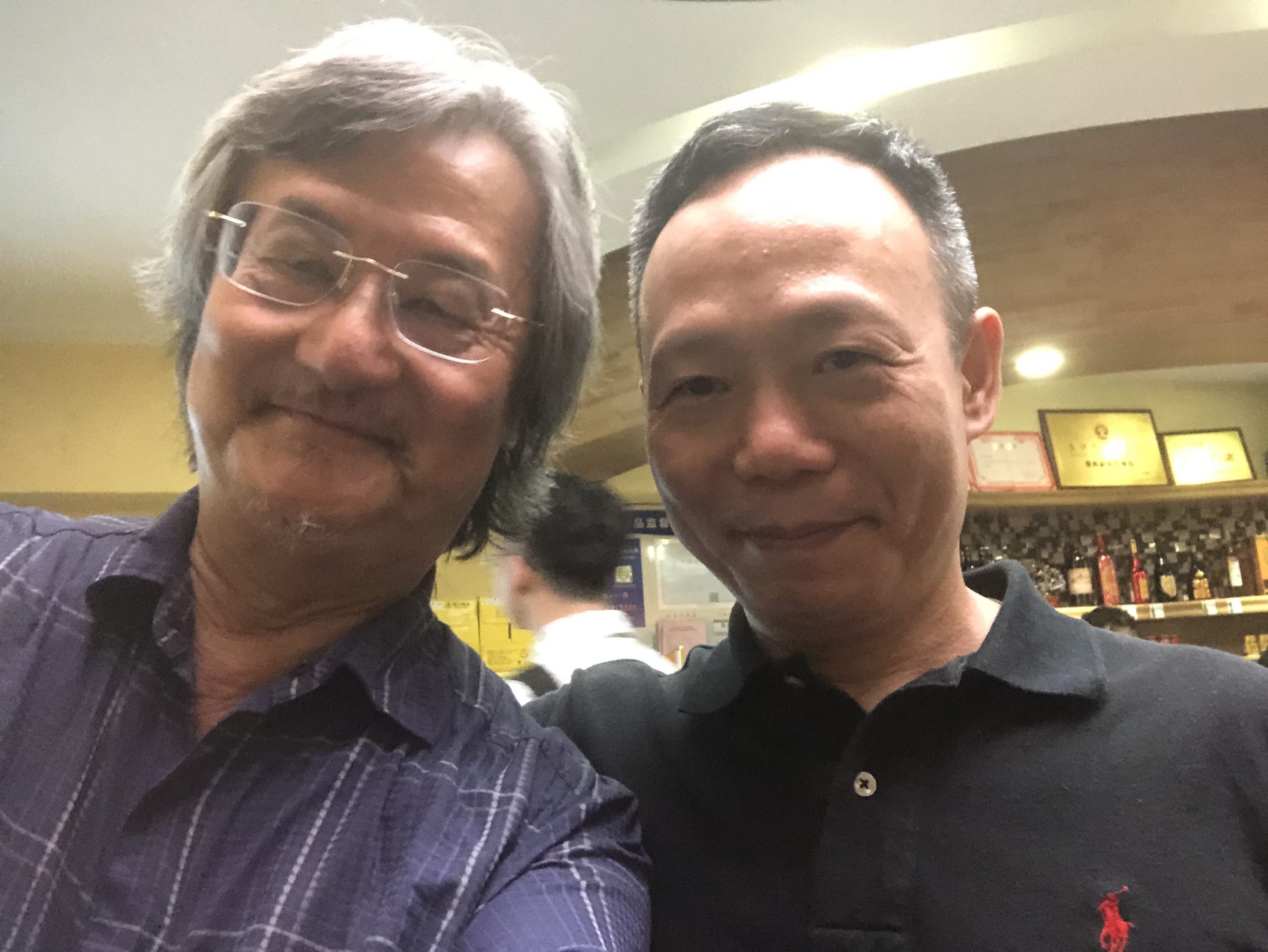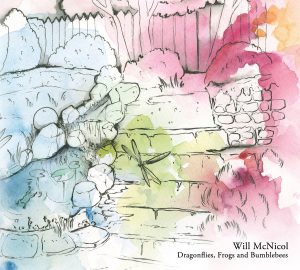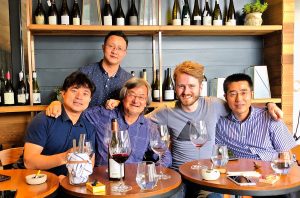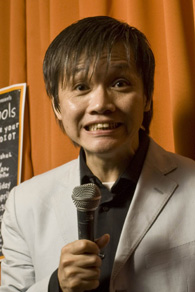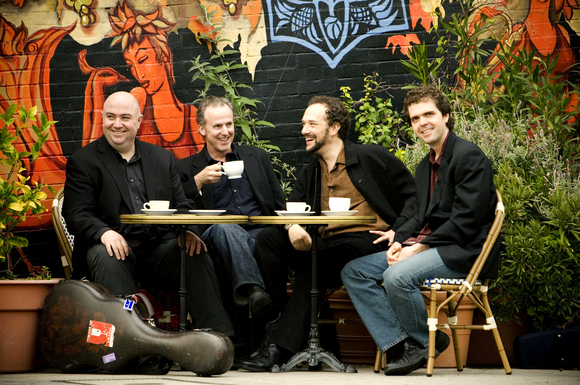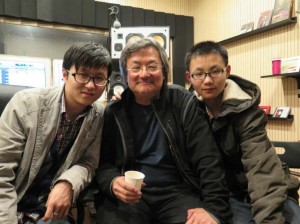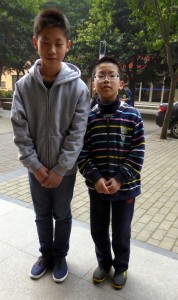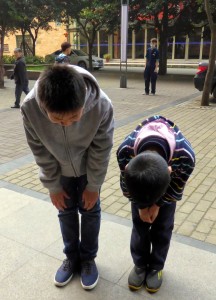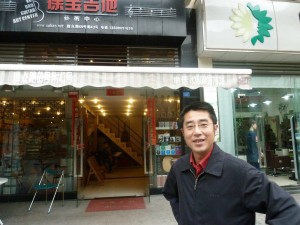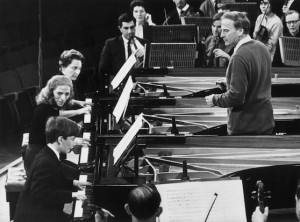I’ve been fortunate enough to have been invited 3 years in a row and the dates and registration details for the 2020 festival are here. Owing to the pandemic, some of the festival will be held online.

There’s also an article below about past festivals by the estimable Steve Mann and links to various performances and media.
Registration start date:Sept. 30, 2020
Preliminary round video submission deadline: Nov. 15, 2020
Notification of finalists : Nov. 30, 2020
Open group final round video submission deadline: Dec. 17, 2020
Youth group final round video submission deadline: Dec. 10, 2020
Children group A & B final round video submission deadline: Dec. 10, 2020
Price of registration is $10.
More information can be found on the official website: http://guitar.org.cn/
Article by Steve Mann
Changsha Guitar Festival: what is it and what does it mean?
At first this seems like an easy question: various guitar competitions with national and international guests giving concerts, lectures and master classes for the duration of about a week in the city of Changsha, southern China.
On a certain level this is true, but the more I think about it the more I realize it is so much more and that it means very different things to different people.
To start with something that I know a bit about, I can say what the festival means to me. I first went to Changsha in 2015 to help write articles on the event.
I was impressed with the atmosphere, which felt like a cross between a symposium, a set of music concerts, a party and a ‘Chinese style fun for all the family’ competition.
There were many fascinating and well known guests there that year, but I was somewhat in awe of one of them in particular – Roland Dyens.
With Roland being fresh off the plane, and looking quite grumpy, I didn’t quite know how to approach him to ask him questions for the articles I was writing. When I saw him in the breakfast the next day he was working on his laptop and so I sat with some of the other guests. He then came over and showed us what he had been ‘working on’. One of his friends had copied a picture of him having just got off the airplane in Changsha and pasted it next to a scruffy fugitive off some international wanted list! We all laughed hysterically. (In all honesty there was quite a bit of similarity between the two photos). At that point I realized that he was a wonderful talented human being, but with his own unique skills, quirks and charm. In many ways Changsha guitar festival is like this for me; it is a place where these great artists that we hold in high esteem can meet and be part of a grassroots development of the guitar in fun friendly way, with its own unique characteristics.
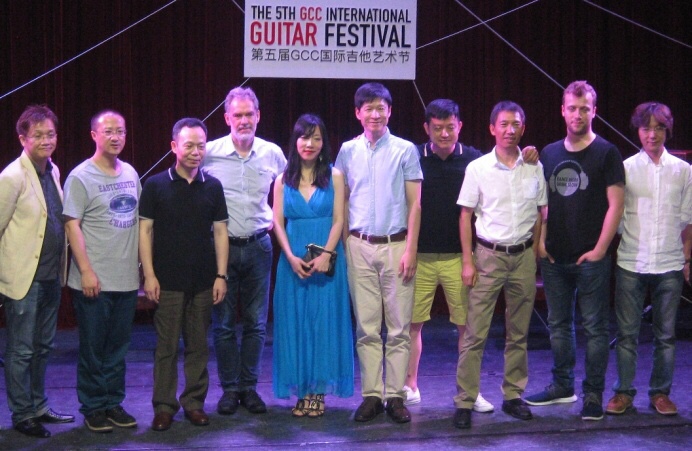
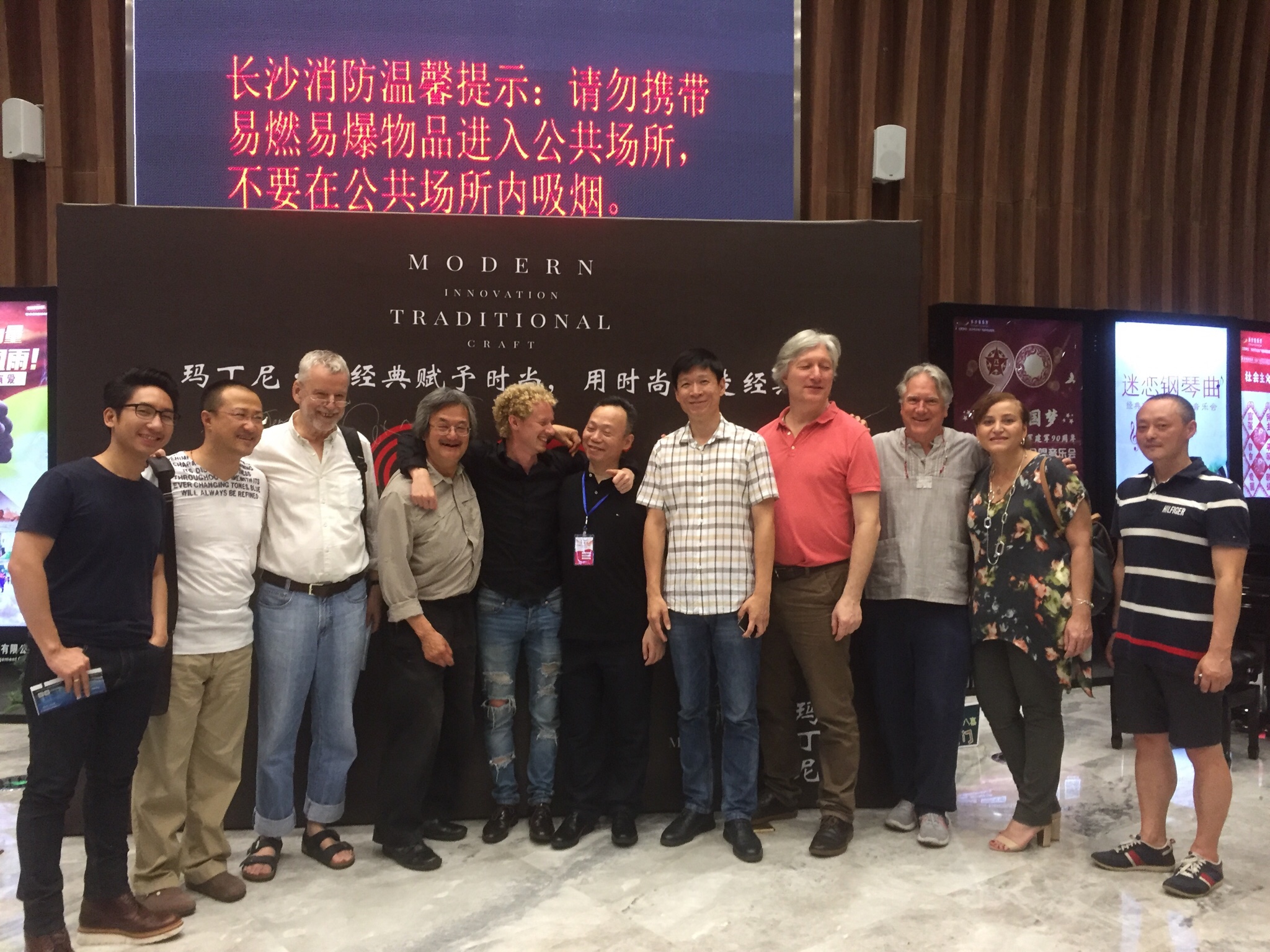
Over the years, I have got to know the organizers, helpers and regular attendees at the festival and I am aware of the massive investment of time, money and energy that goes in to this event.
For them the meaning of the Changsha Guitar Festival is probably something much more personal with the main organizers Mr Li and Xuefei Yang working around the clock to make the festival each year better than the last. The logistics and organizational skills required for arranging such an event are vast, with guests, competitors and sponsors all needing to be taken care of. Both organizers put a lot of skin in the game and they always go the extra mile, with Mr. Li’s team doing anything they can to make people welcome, such as helping one of the international competitors to find an artificial nail at 10 o’clock at night.
https://www.youtube.com/watch?v=eaaJyc5Hy98
(Xuefei Video: A Moonlit Evening on the Spring River for Classical Guitar and Chinese Flute)
As for the competitors and guests (Gerald has visited three times), they all have their own individual reasons for visiting. Although I do not know these reasons, I see people leaving the festival with faces that show they have had a wonderful time there.
https://www.youtube.com/watch?v=YmFc7xnT2UE
https://www.youtube.com/watch?v=Cd6xBhmDxH8
Interview with guests: Johan Smith and Lazhar Cherouana
Regarding the 2020 Changsha Guitar Festival, due to the pandemic situation it will be held later this year with a part held at the Changsha venue and a significant part held online.
The details have finally been fixed but please feel free to check in with the festival website given below.
Vsit here for the official Changsha Guitar Festival Website:
More videos can be found on the official YouTube channel:
https://www.youtube.com/channel/UC64XKw_Qs_ApWfaCeO8E0cA
Here are some happy moments from past years
